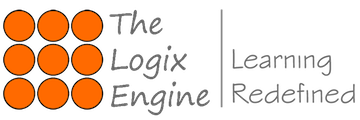Economics Program

Economics, as a social science, exerts significant influence on every individual. With economic life and the economy constantly evolving, it becomes crucial to anchor education in children’s personal experiences. In this process, it becomes essential to offer them opportunities to develop analytical skills, enabling them to observe and comprehend economic realities.
Grades 9-10
This subject explores economic activity from the perspectives of consumers, producers, government, and the global economy. Students address real-world issues, considering moral, ethical, and sustainability implications. They analyze national and global economic situations over the last 15 years and government policies to manage them. Quantitative skills are developed for data analysis and interpretation, with an emphasis on recognizing data limitations. This course of study builds towards the GCSE curriculum for Economics.
Grades 11-12
A-level Economics consists of two parts: Microeconomics and Macroeconomics. Microeconomics focuses on free markets, individual and firm decision-making, and market effectiveness, including labor markets and inequality.Macroeconomics looks at the national economy, covering topics like unemployment, inflation, economic growth, and international trade’s impact and global economic development disparities. The course of instructions prepares students towards A-Level AQA or Edexcel exam boards.
